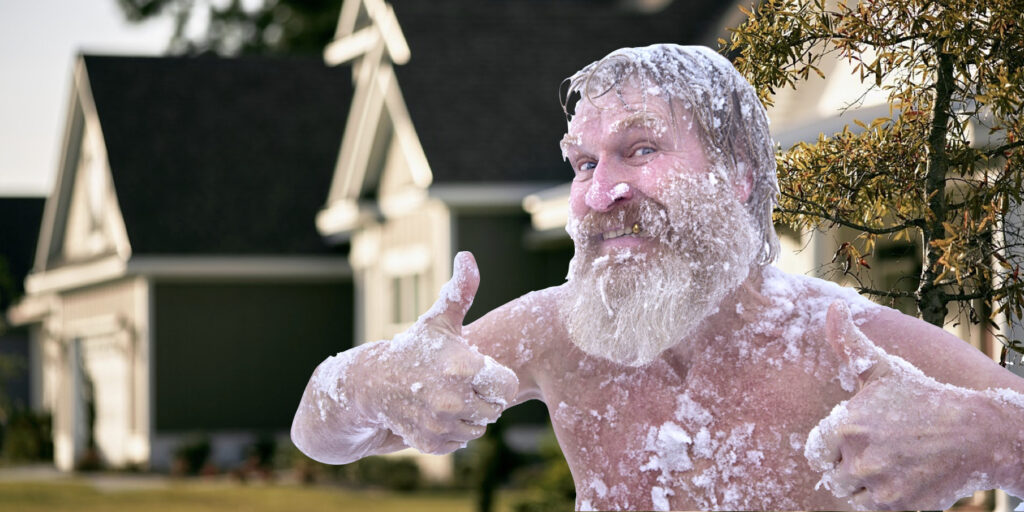The government-sponsored loan that’s ignored
The appeal and eligibility of reverse mortgages for older homeowners are largely driven by home values and interest rates. And there are signs that the housing market may be beginning to falter. First new home sales rose in June and July but that’s only the second increase in the last six months. Second, new home sales have steadily fallen since March with only a modest increase in July. Third, housing inventory began steadily increasing this spring, a trend that’s expected to continue now that the eviction bans have ended. Keep in mind evictions and sales of rental properties will lag several months as landlords step through the arduous eviction process so don’t expect an immediate surge for several months.
[read more]
What we are witnessing is an artificially inflated housing market spurred by slashing interest rates and government stimulus. The question is how long can this continue? After all, today’s low interest rates that have skyrocketed a homebuyer’s purchasing power are unlikely to go lower. So what happens when banks can foreclose, landlords can sell rentals, and banks increasingly tighten credit and strengthen their cash positions. Truth be told, this ‘irrational exuberance’ to quote Alan Greenspan will be paid for. So are we in a housing bubble or simply a boom in prices? Core Logic’s Chief Economist Frank Nothaft expects a boom rather than a bubble. Nothaft says I don’t expect we’re going to see a housing price crash. I don’t think we’re in a bubble.”
What would sustain today’s record home values? Continued constraints in housing supply, and continued low interest rates. What could trigger a housing bubble? CNBC real estate correspondent Diana Olick says “you need a catastrophic economic event to make a housing bubble pop. You can definitely have a pullback in the heat in the housing market. But to really have that market crash there needs to be that event”. In 2008 that catastrophic event was the failure of investment banks and investment losses from subprime-related investments to name a few.
So barring any sudden economic crisis or a sudden several of the Federal Reserve’s interest rate and inflation strategy we’re more likely to see the housing market cool down. And truth be told that would be the ideal outcome with far less damaging consequences for homeowners and the U.S. economy.
Certainly, evictions and foreclosures will increase overall inventory but not enough to offset a decade of lackluster new home construction. This is good news for reverse mortgage professionals and their future borrowers. Elevated home values and low rates will provide increased borrowing power allowing many homeowners to retire their existing mortgage and perhaps secure a line of credit for these most uncertain times.
[/read]





1 Comment
An event? You mean like forebearances coming due and homeowners with no way to pay them? I think we’ll see significant delinquency in the mortgage market which, if it’s large enough, may be the ‘event’ to trigger a crash.